Dr. Holly Lofton, an American Board of Obesity Medicine (ABOM) Diplomate, answers questions regarding the importance of an obesity medicine physician.
What unique skill set can the obesity medicine physician bring to the bariatric surgical setting?
Obesity Medicine physicians play an integral role in the weight management of the patient undergoing bariatric surgery. Behavioral change prior to surgery is of utmost importance to patient outcomes and working with the individual to develop a unique plan that fits within the patient’s lifestyle is within the role of the obesity medicine physician.
Educating the patient pursuing bariatric surgery on nutrition and behavior modification in a supportive and non-punitive environment is one of the most important roles an obesity medicine physician has. The lifestyle changes that are implemented in the months prior to surgery are skills that will improve the long-term outcomes for the remainder of that patient’s life. In addition, developing a relationship with an obesity medicine physician prior to surgery opens the door to a hand to hold when a weight plateau occurs or when a traumatic life event triggers a change in behavioral patterns.
Furthermore, both macro- and micronutrient management after surgery performed by the obesity medicine physician can lead to maximizing fat loss while preserving precious muscle mass, while proactively preventing vitamin and micronutrient deficiencies.
What impact can the obesity medicine physician have on patient outcomes?
Recent surveys have proven that over 60 percent of Americans are affected by overweight or obesity. Thus, the obesity medicine physician is one who is qualified to treat a majority of our population. Increasingly, patients are seeking alternative medicine treatments to avoid the cost of prescriptions, the anxiety of diagnostic procedures, and the pain of treatments for weight-related co-morbidities. An ABOM diplomate has the aptitude and knowledge base to minimize “masking of the symptoms” with medications in favor of treating the underlying cause – obesity, a disease which is characterized by the abnormal accumulation of adipose tissue.
Have you had the experience of working with a bariatric surgeon?
Yes, I have had the pleasure of working with bariatric surgeons both at Geisinger Medical Center and at my current position at NYU Langone Medical Center. I find that having both obesity medicine specialists and bariatric surgeons at the same site allows the patient to freely seek help for surgical follow-up as needed and have access to the best in nutritional/ exercise/behavioral modification and pharmacological weight management options as needed.
Since many insurance companies mandate pre-surgical physician assisted weight management, I have been involved in the care of patients who intend to proceed with bariatric surgery. I find that the patients are grateful to be in the hands of a medical provider who understands that obesity is a disease. When I tell them “you do not have an inherent flaw, but sometimes the body’s hormonal regulation shifts in fashion that limits weight loss”, they feel re-motivated to make strides with regards to behavioral change as they prepare for bariatric surgery.
Every patient reaches a weight plateau after bariatric/ metabolic surgery. Some are happy with the results, while others are distraught. I take great pleasure in determining the cause of the plateau – be it genetics, lifestyle, medications, etc., and individualizing a treatment plan for each patient before considering revisional surgery. The plan could be as simple as working with a personal trainer or as in depth as prescribing a special diet and instituting pharmacotherapy, but patients are always grateful to avoid the risk of revisional surgery.
Is there any research supporting the value of obesity medicine physicians and bariatric surgeons working together?
Absolutely, the plethora of research in the fields of obesity medicine and metabolic/ obesity medicine is such that it led to The Obesity Society and the American Society of Metabolic and Bariatric Surgery combining their annual conferences into one spectacular meeting, dubbed Obesity Week. It has proven to be the mecca of ground-breaking research in the field of research, prevention, and treatment of obesity.
What is the value of working with an ABOM diplomate specifically?
The ABOM diplomate holds a special skill set that is based upon understanding the underlying pathophysiology of obesity. Clearly, exhibiting a passion from one’s own struggle with weight is a virtue to be admired, but to dedicate yourself to the study of obesity medicine takes compassion to a professional level. ABOM diplomates have proven themselves to be more than competent in their own fields of medicine, but also willing to taking on the challenge of being one of the pioneers in the emerging field of obesity medicine – a field that is long overdue, but limitless in its abilities.
 About Dr. Lofton
About Dr. Lofton
Dr. Holly Lofton joined the NYU Langone Weight Management Program in 2012. In her practice, she combines scientifically proven weight loss techniques with medications and behavior modification to find each patient’s niche. She is currently involved in developing research investigating changes in microbiota during and after weight loss.
Dr. Lofton started her personal journey of weight loss as a pre-teen when she modified her lifestyle to improve her diet and became more active in sports. She continued to pursue her interest in weight management during her college years at Boston University and medical school years at the Medical College of Georgia. Her passion for weight management continued during her Internal Medicine residency at Lenox Hill Hospital in Manhattan and advanced training at Geisinger Medical Center’s fellowship in Nutrition and Obesity Medicine in Pennsylvania.
In recent years, Dr. Lofton has served on the bariatric medicine committee for the American Society for Metabolic and Bariatric Surgery as well as on the Board of Directors and Education Committee Chair for the Obesity Action Coalition. She also published a manuscript in the Journal Of Obesity and Weight Loss Therapies which highlights her patients’ outcomes. She has appeared in numerous media outlets such as the Today Show, CNN.com, New York News and Buzzfeed.com while continuing to practice the healthy lifestyle behaviors she encourages in her patients.

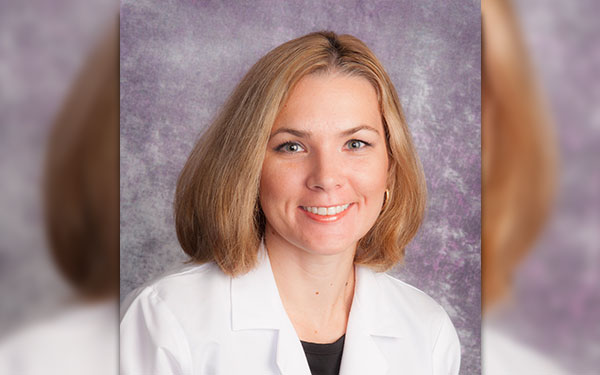
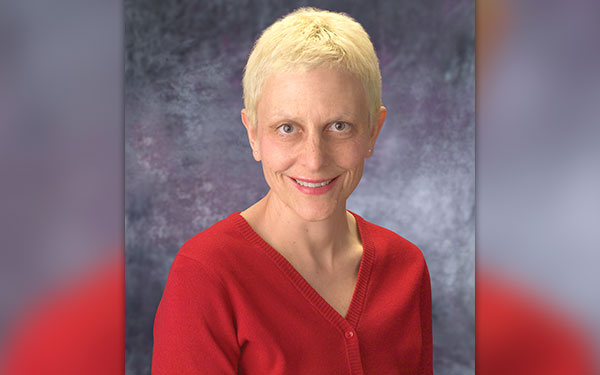
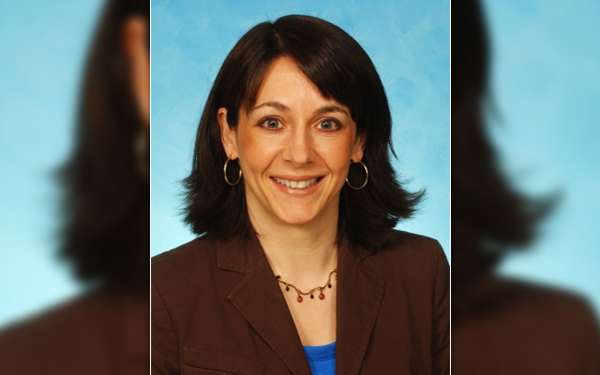
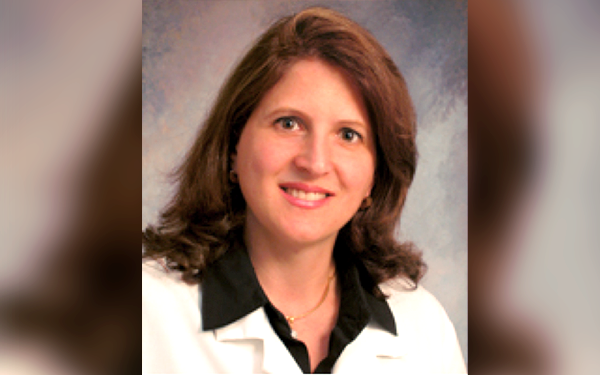
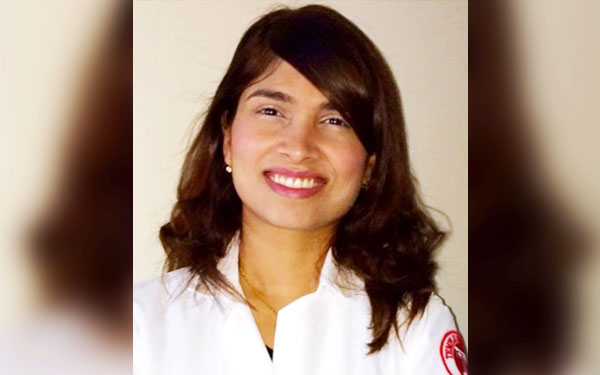
Leave A Comment
You must be logged in to post a comment.